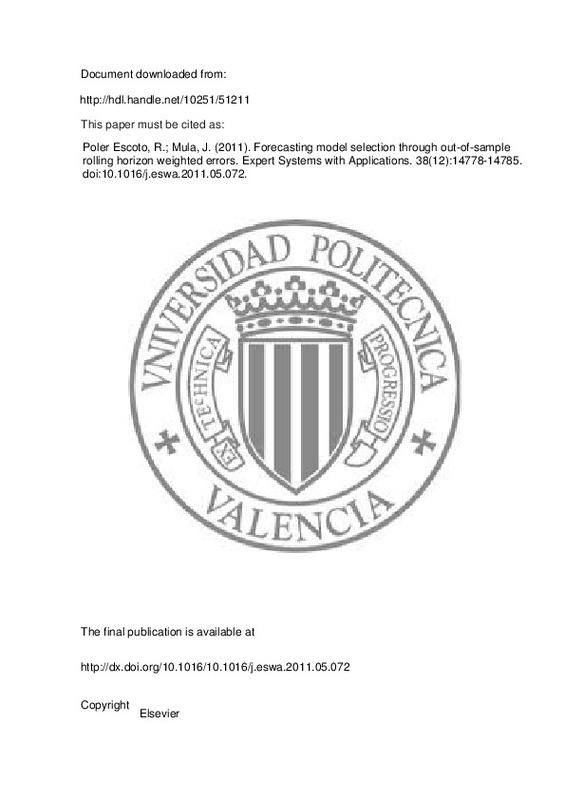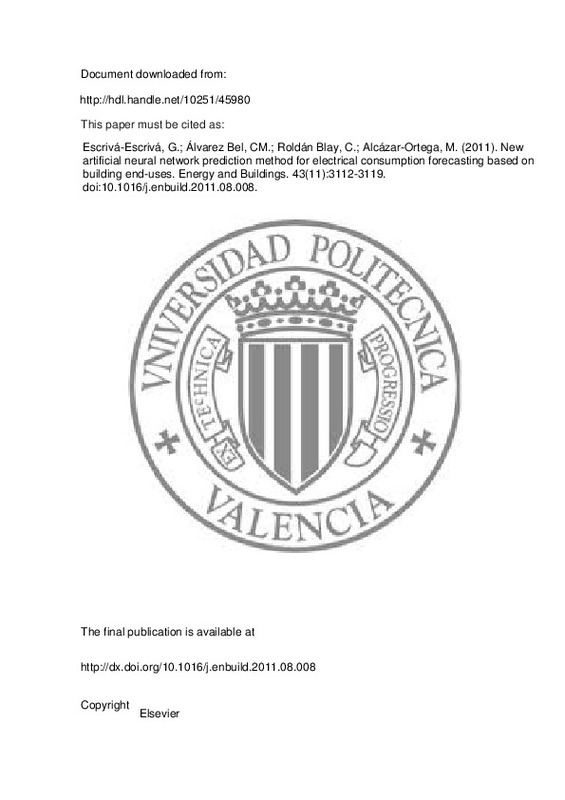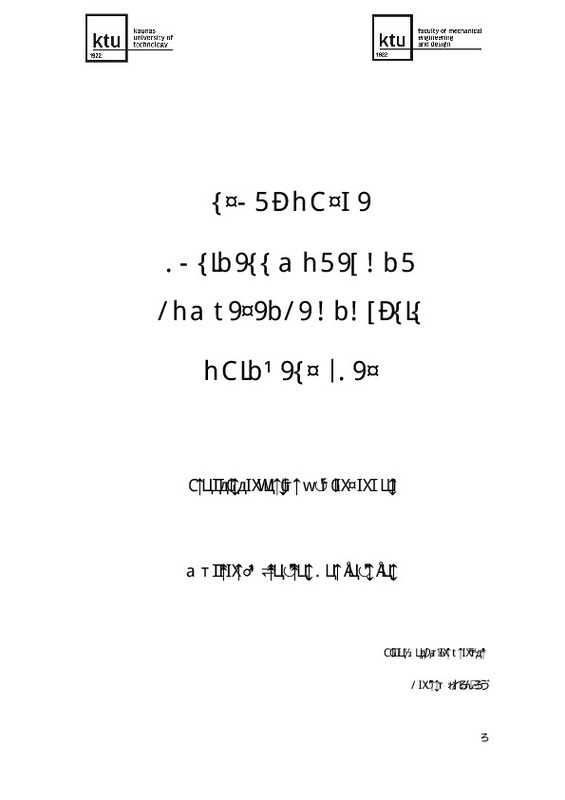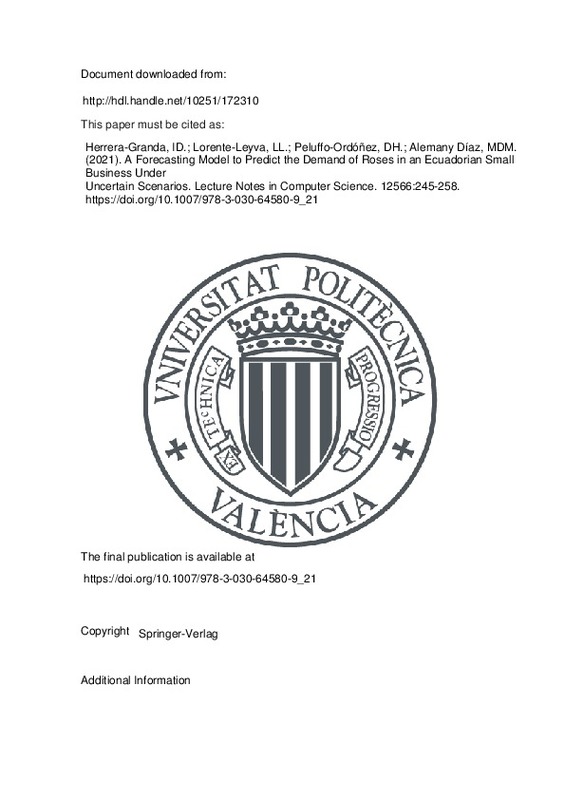JavaScript is disabled for your browser. Some features of this site may not work without it.
Buscar en RiuNet
Listar
Mi cuenta
Estadísticas
Ayuda RiuNet
Admin. UPV
Forecasting model selection through out-of-sample rolling horizon weighted errors
Mostrar el registro sencillo del ítem
Ficheros en el ítem
| dc.contributor.author | Poler Escoto, Raúl
|
es_ES |
| dc.contributor.author | Mula, Josefa
|
es_ES |
| dc.date.accessioned | 2015-06-03T11:22:13Z | |
| dc.date.available | 2015-06-03T11:22:13Z | |
| dc.date.issued | 2011-11 | |
| dc.identifier.issn | 0957-4174 | |
| dc.identifier.uri | http://hdl.handle.net/10251/51211 | |
| dc.description.abstract | Demand forecasting is an essential process for any firm whether it is a supplier, manufacturer or retailer. A large number of research works about time series forecast techniques exists in the literature, and there are many time series forecasting tools. In many cases, however, selecting the best time series forecasting model for each time series to be dealt with is still a complex problem. In this paper, a new automatic selection procedure of time series forecasting models is proposed. The selection criterion has been tested using the set of monthly time series of the M3 Competition and two basic forecasting models obtaining interesting results. This selection criterion has been implemented in a forecasting expert system and applied to a real case, a firm that produces steel products for construction, which automatically performs monthly forecasts on tens of thousands of time series. As result, the firm has increased the level of success in its demand forecasts. © 2011 Elsevier Ltd. All rights reserved. | es_ES |
| dc.language | Inglés | es_ES |
| dc.publisher | Elsevier | es_ES |
| dc.relation.ispartof | Expert Systems with Applications | es_ES |
| dc.rights | Reserva de todos los derechos | es_ES |
| dc.subject | Automatic forecasting | es_ES |
| dc.subject | Error measures | es_ES |
| dc.subject | Expert system | es_ES |
| dc.subject | Forecasting model selection | es_ES |
| dc.subject | Time series | es_ES |
| dc.subject | Automatic selection | es_ES |
| dc.subject | Complex problems | es_ES |
| dc.subject | Demand forecast | es_ES |
| dc.subject | Demand forecasting | es_ES |
| dc.subject | Forecasting models | es_ES |
| dc.subject | Rolling horizon | es_ES |
| dc.subject | Selection criteria | es_ES |
| dc.subject | Steel products | es_ES |
| dc.subject | Time series forecasting | es_ES |
| dc.subject | Time series forecasts | es_ES |
| dc.subject | Expert systems | es_ES |
| dc.subject | Forecasting | es_ES |
| dc.subject.classification | ORGANIZACION DE EMPRESAS | es_ES |
| dc.title | Forecasting model selection through out-of-sample rolling horizon weighted errors | es_ES |
| dc.type | Artículo | es_ES |
| dc.identifier.doi | 10.1016/j.eswa.2011.05.072 | |
| dc.rights.accessRights | Abierto | es_ES |
| dc.contributor.affiliation | Universitat Politècnica de València. Centro de Investigación de Gestión e Ingeniería de la Producción - Centre d'Investigació de Gestió i Enginyeria de la Producció | es_ES |
| dc.contributor.affiliation | Universitat Politècnica de València. Departamento de Organización de Empresas - Departament d'Organització d'Empreses | es_ES |
| dc.description.bibliographicCitation | Poler Escoto, R.; Mula, J. (2011). Forecasting model selection through out-of-sample rolling horizon weighted errors. Expert Systems with Applications. 38(12):14778-14785. doi:10.1016/j.eswa.2011.05.072 | es_ES |
| dc.description.accrualMethod | S | es_ES |
| dc.relation.publisherversion | http://dx.doi.org/10.1016/10.1016/j.eswa.2011.05.072 | es_ES |
| dc.description.upvformatpinicio | 14778 | es_ES |
| dc.description.upvformatpfin | 14785 | es_ES |
| dc.type.version | info:eu-repo/semantics/publishedVersion | es_ES |
| dc.description.volume | 38 | es_ES |
| dc.description.issue | 12 | es_ES |
| dc.relation.senia | 200408 |







![[Cerrado]](/themes/UPV/images/candado.png)




